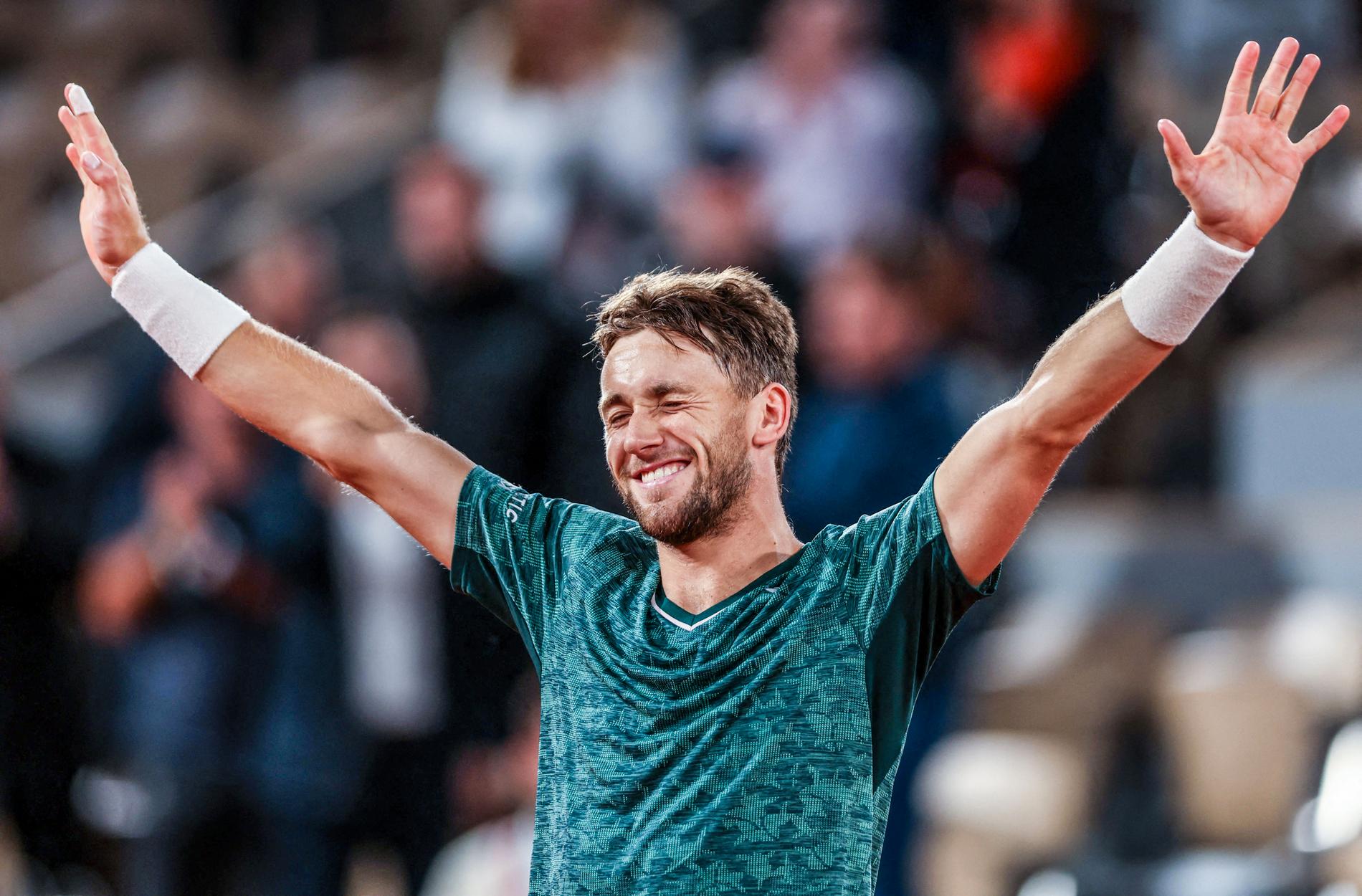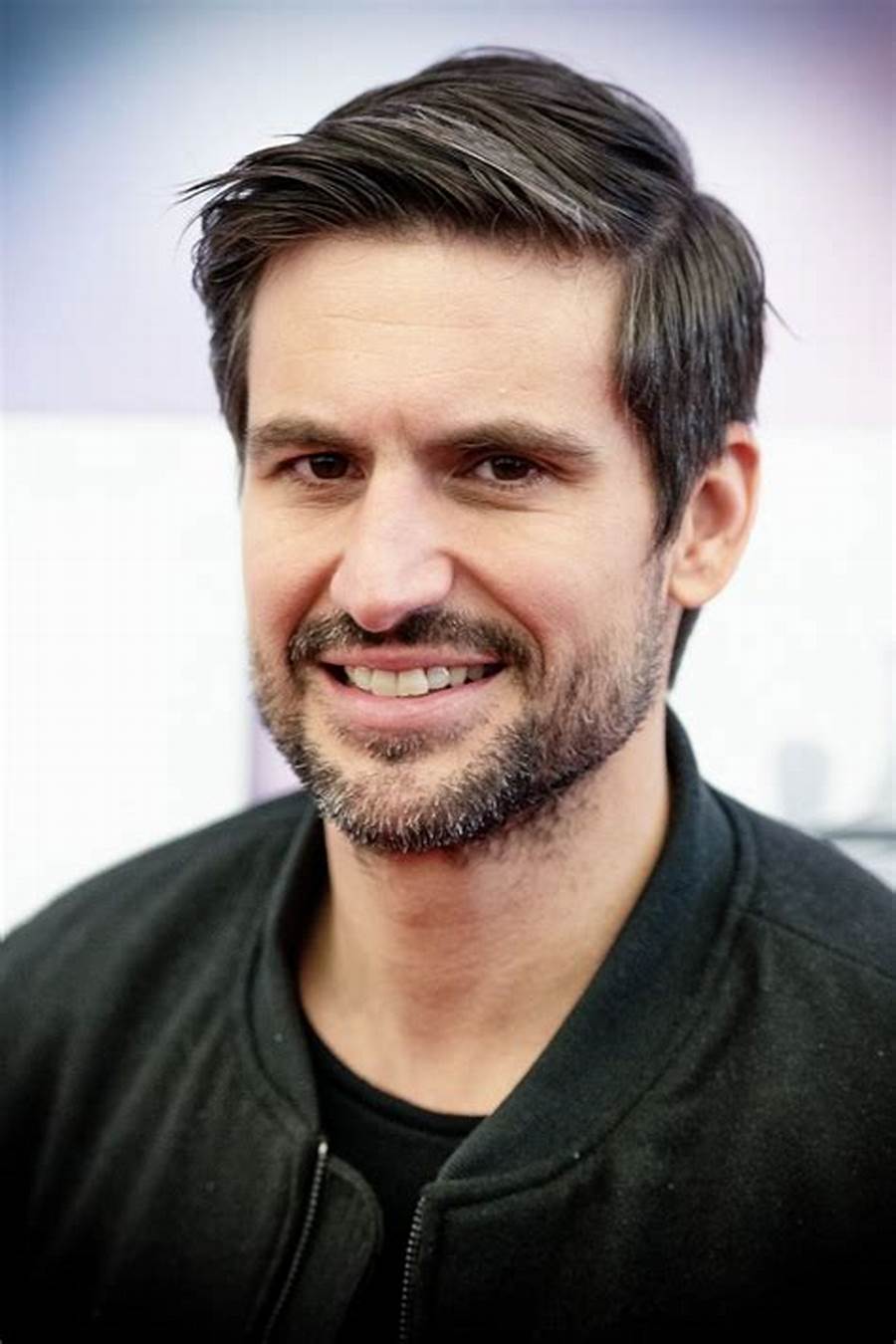
It is fundamentally problematic that someone who works for Casper Ruud is also so central to Eurosport’s editorial coverage of tennis players.
This is a comment. Comments express the author’s attitude
Norway is drunk on tennis.
With good reason, one joyous title replaces another. Until Sunday’s final against Rafael Nadal, the focus on Casper Ruud will only increase.
With all the commotion around the tennis star, it naturally also gets an unusually high level of attention around license holders’ Eurosport programming and broadcasts.
This channel’s chosen team is undoubtedly strong.
There are few moments they can convey on the TV line. But at the same time, there is a side to the composition of the editorial staff that gives Ruud’s side a back side.
Either you start working for Casper Ruud, or you can cover it editorially. For incomprehensible reasons, ivind Sørvald was allowed to combine the two roles.
The fact that he is also employed by the Norwegian Tennis Association means the hat and role parade will be over.
Unfortunately, such ties go beyond the credibility of sports journalism, no matter how tennis competent Sørvald really is.
In addition to the role of ivind Sørvalds, commentator Ola Bentzen has become business partners with Casper’s father, Christian Ruud.
In recent years, we have discussed proximity, distance, and mixed roles on a case-by-case, branch-by-branch basis. There should be a limit to how close you are to the practitioner in combination with the editorial role.
Here, Eurosport may be a bit under the radar. It was nothing new that Sørvald appeared here and there.
Previously, there had been discussions within the Norwegian Tennis Association about whether all of his overseas travel and TV commentary was outside of association duties. But here the theme is the arrangement of editorial proximity and distance.
So why is this problematic?
One reason is about the principle of editorial independence.
But it is also relevant given how editorial staff will handle potential controversies and negative situations.
For the sake of discussion, let’s say Casper Ruud has to lose completely on the field (albeit unlikely) and behaves very unsympathetic. How can we have confidence in impartial judgment in the studio?
We will not go any further than the dispute with the Holger Rune, with mutual accusations of unsportsmanlike conduct, until we see that the bond can become problematic in journalistic coverage.
When a young woman connects herself to the internet, suddenly Sørvald is in the inner court covering this journalistically. You can hardly do it with journalistic integrity when you work for an actor.
Tennis Norway isn’t the biggest neighborhood in the world, and it’s certainly not forbidden to get to know people.
It would be very relevant to interview a capacity like Sørvald as an expert resource. But giving him access to the other side is quite another, by making him part of the editorial inventory.
Also in the coverage of forward-thinking tennis stars, editorial independence is important.
It’s hard to see that it was fortunate that someone hired by Team Ruud could also have a central role in the TV coverage of the same Ruud.
The product treats Eurosport with great tennis expertise, but they could be more aware of editorial tidiness.
There would be problems if a ski association employee had become a regular part of the NRK editorial team, as that would be against basic editorial integrity.
The same principle should really be applied when the theme is tennis, though it’s never been so fun that “our guys” made it.

“Hardcore zombie fan. Incurable internet advocate. Subtly charming problem solver. Freelance twitter ninja.”





